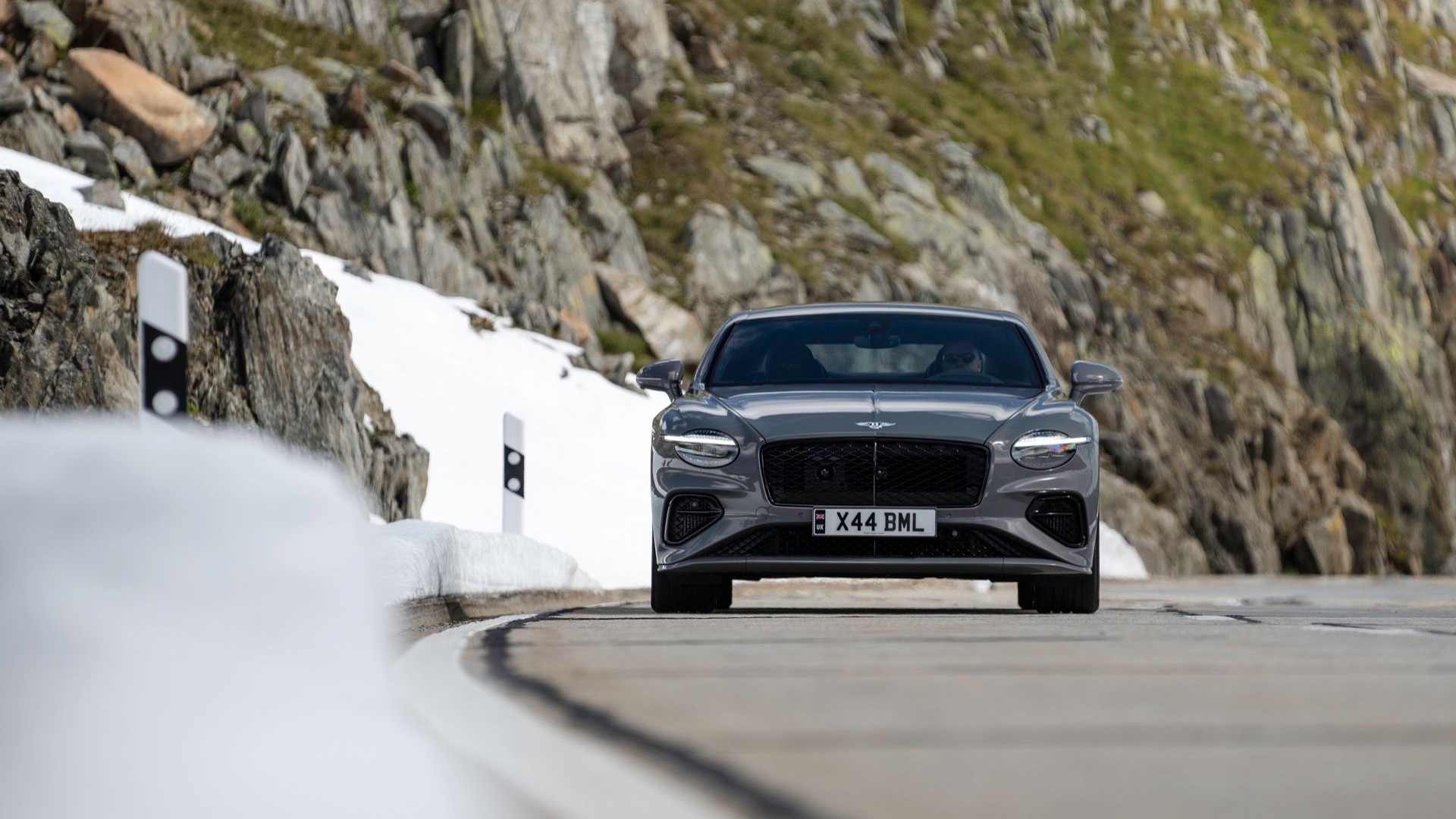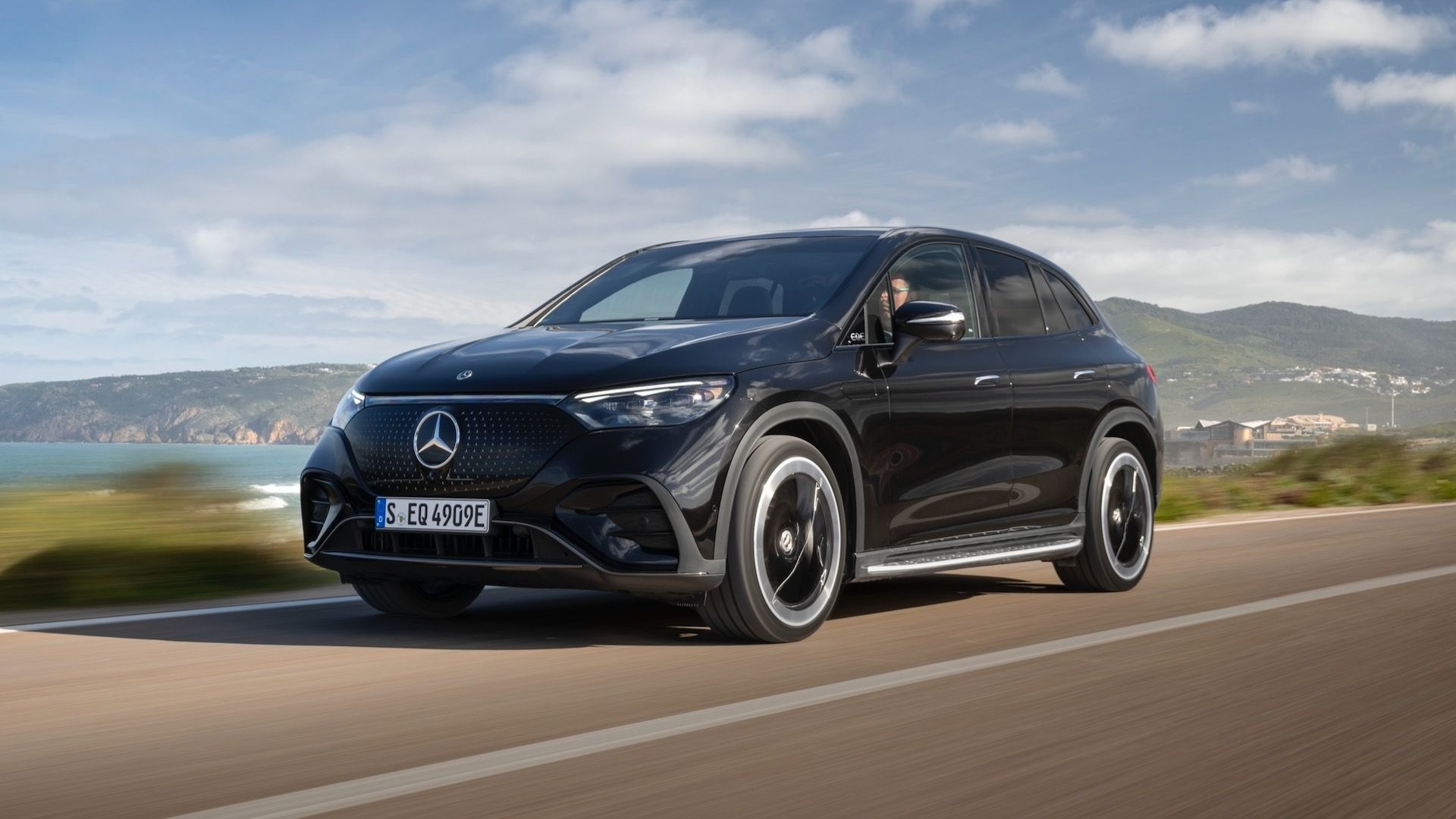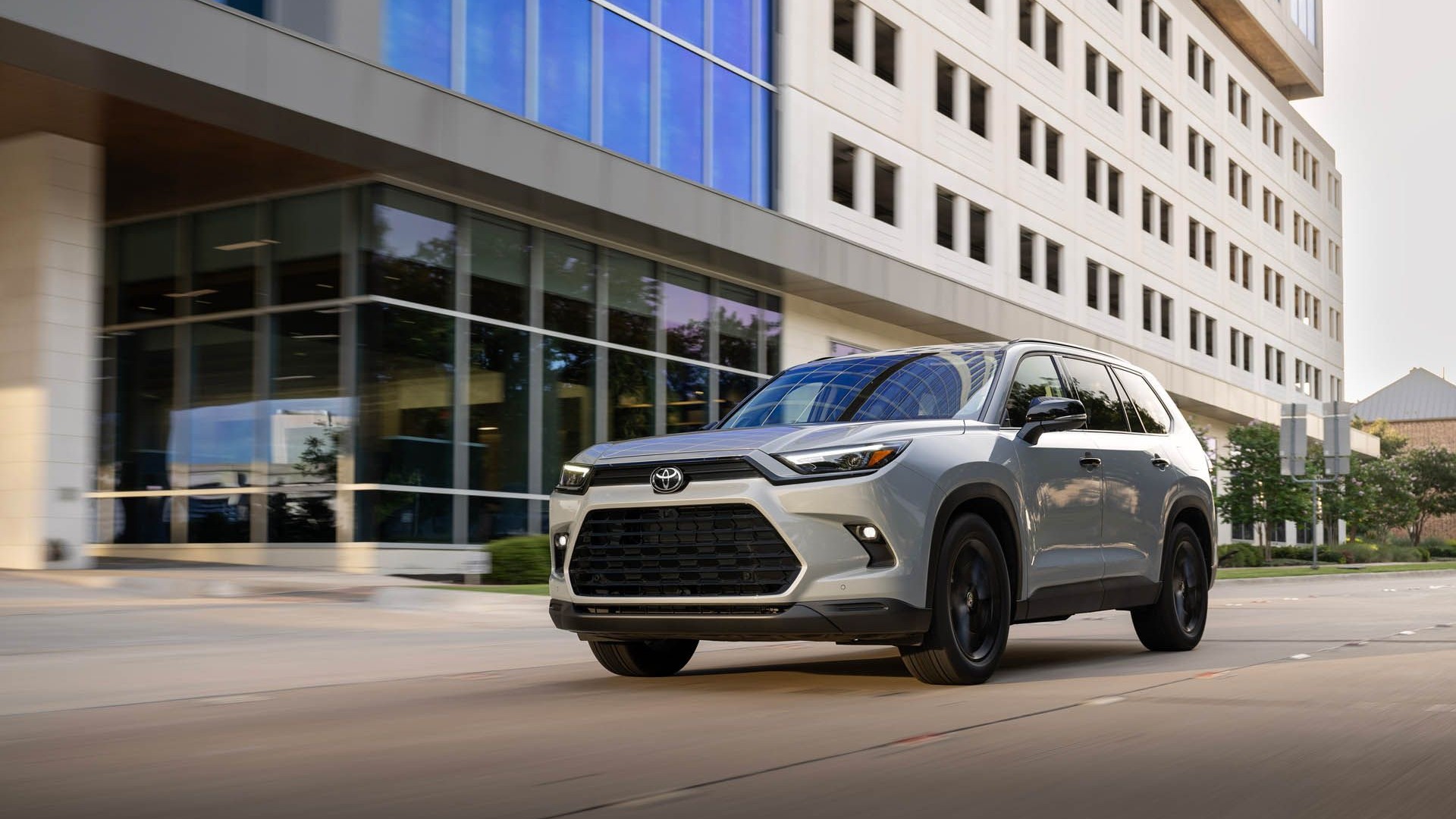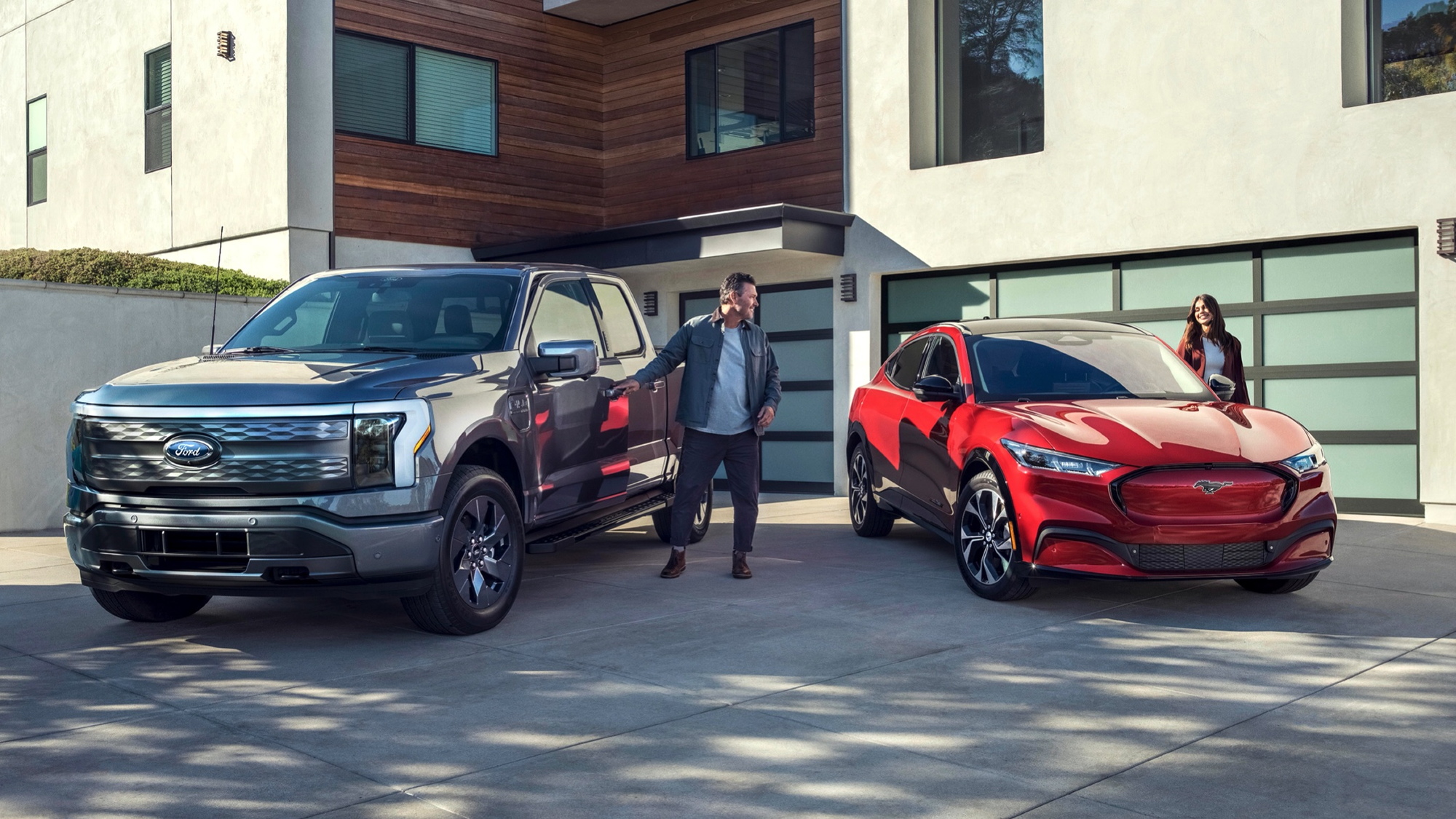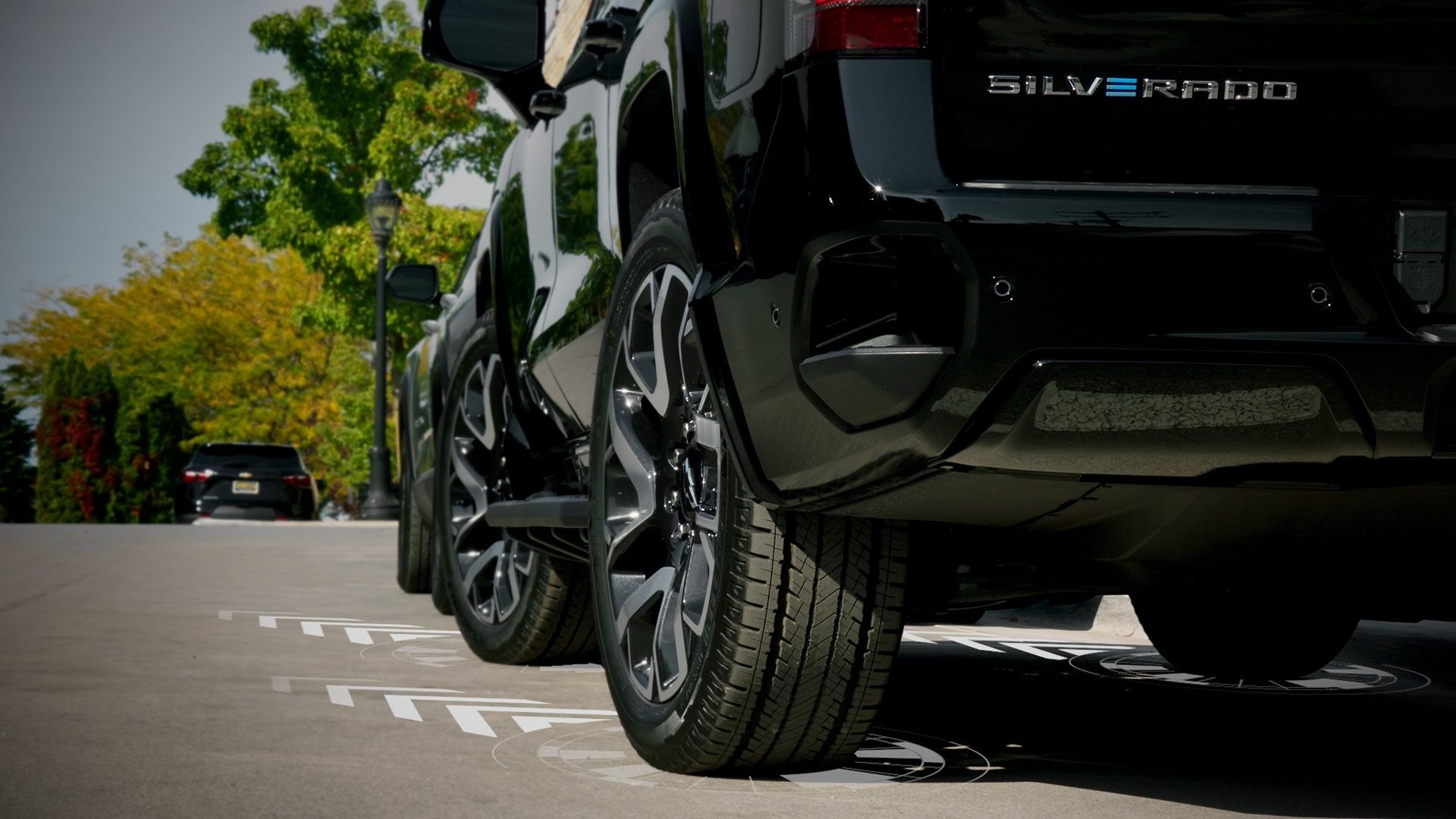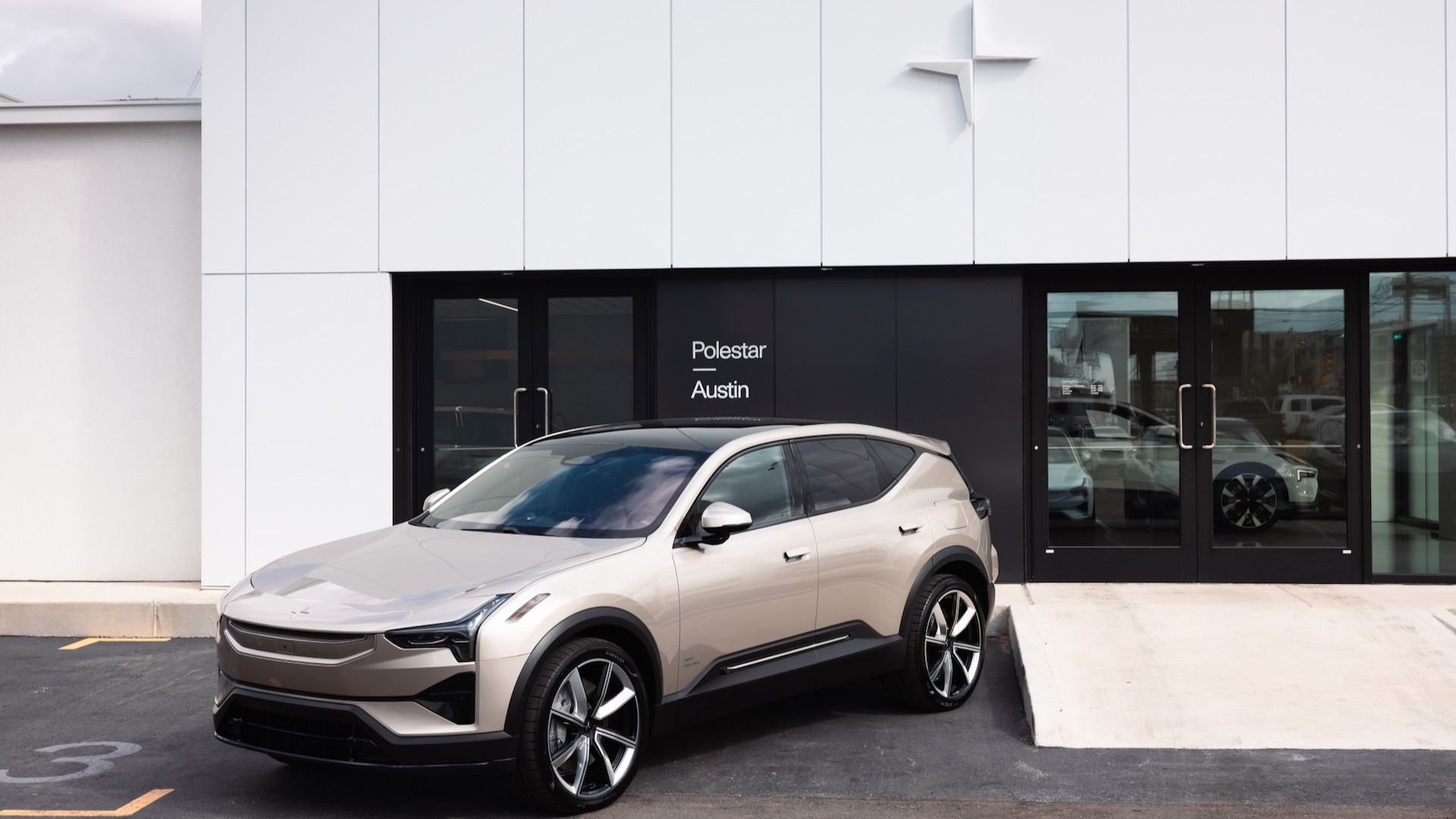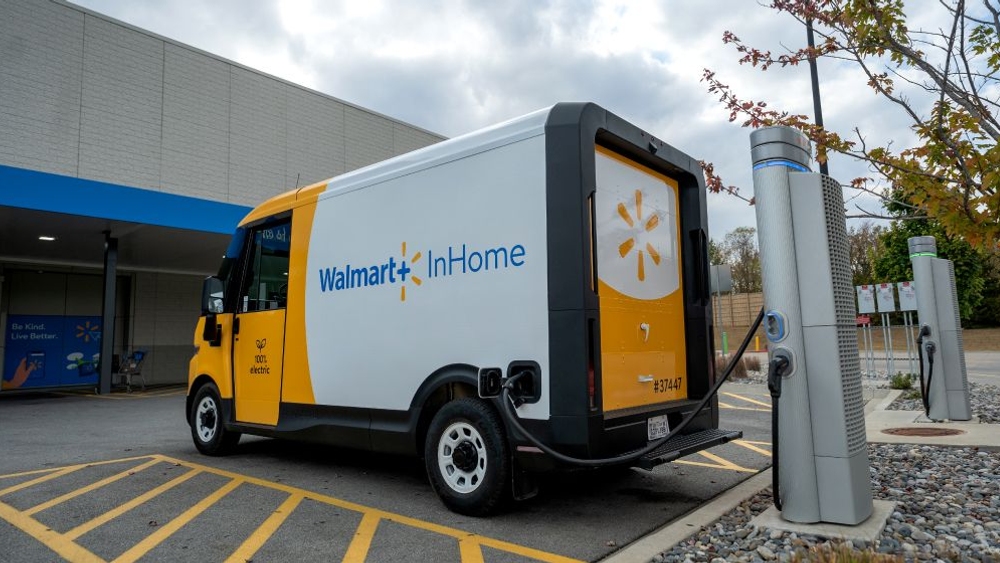In 2015, Japanese automaker Toyota will make a fuel-cell vehicle available to the public.
It has worked on the project with German firm BMW, itself planning a fuel-cell vehicle--and that vehicle could now be a fuel-cell version of the i3 electric car.
According to Motoring, Toyota USA's advanced vehicle boss, Craig Scott "intimated strongly" that the i3 would be recipient of Toyota's fuel-cell tech.
"We know... where they're headed" said Scott of Toyota's partnership with BMW.
READ: New Lithium-Ion Battery Uses Peroxide To Boost Energy Density By 7 Times: Report
He adds that crash test regulations will play a large part in whether BMW can package the Toyota-developed fuel-cell technology into a car like the i3.
The 2014 BMW i3 currently has a choice of battery electric and range-extended electric drivetrains. Each uses a 22 kWh lithium-ion battery--of which 18.8 kWh is listed as usable--and power to the road is transmitted by a 130 kW (170 horsepower) electric motor.
In all-electric trim the i3 will do 81 miles on a charge, in EPA testing, while the range-extended car or REx manages 72 miles on electricity and 150 miles after the two-cylinder engine kicks in.
2016 Toyota Fuel Cell Sedan
The car was designed from the outset as an electric vehicle, utilizing a lightweight carbon-fiber structure with aluminum subframes to hold drivetrain components.
Depending on the adaptability of Toyota's fuel-cell system, the cell itself and the car's hydrogen tanks could feasibly be stowed within the i3's chassis--but this remains to be seen.
Scott, meanwhile, has provided a few more details on Toyota's approach to its own fuel-cell vehicle--which could carry the name 'Mirai', Japanese for 'future'.
He says a three-box sedan design was deliberately chosen for its normalcy, and that the cabin will be relatively conventional--making the car feel little different from driving a Corolla or Camry.
It drives "remarkably like" a conventional car but a low center of gravity, like that on electric cars, should still ensure competent handling.
Scott also says that Toyota plans to have three fuel-cell cars on the market within the next decade.
[hat tip: John C. Briggs]
_________________________________________

